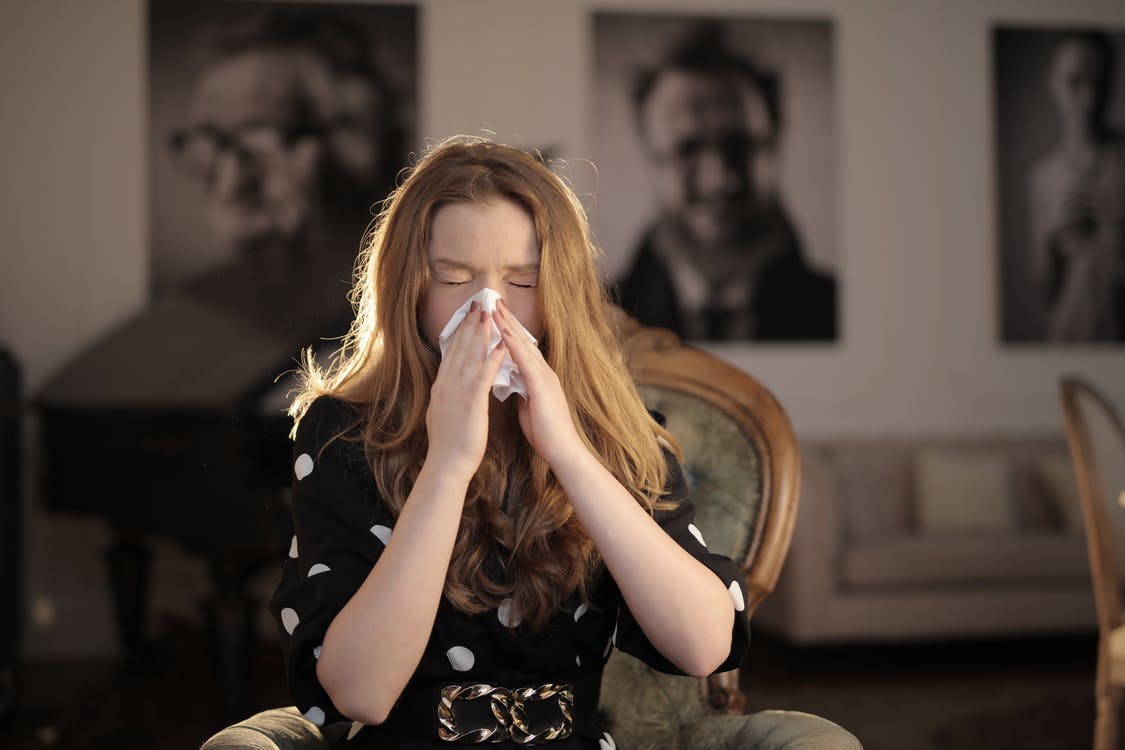New research finds that 30% of those who have a positive COVID test will experience lingering symptoms.
A new study performed by UCLA researchers has found that roughly 30% of patients that were given a positive diagnosis for COVID-19 went on to develop “long COVID.” The team’s findings were published in the Journal of General Internal Medicine. For the study, the UCLA team analyzed just over 1,000 people enrolled in the university’s COVID Ambulatory Program between April 2020 and February 2021, discovering that 309 would go on to experience long COVID.
The results were based on responses to a questionnaire reporting persistent symptoms lasting at least 60-90 days after they were originally diagnosed or hospitalized. The most commonly reported prolonged symptoms were fatigue (31%) and shortness of breath (15%) in hospitalized people. Among those who were able to stay outpatient, 16% reported losing their sense of smell and still being unable to regain this sense after the 60-day mark.
What makes the most current findings by the UCLA team most intriguing is that they differ greatly from those previously reported by research teams on either side of the spectrum. One of these studies, performed by the University of California-Davis, estimated only 10% of COVID-19 patients developed long COVID symptoms, while Penn State University found that more than half of worldwide COVID-19 patients would develop the phenomenon.

The Centers for Disease Control and Prevention (CDC) has recognized long COVID for some time, but there has not been a formally used metric to measure symptomology, which could explain the vast discrepancies across studies. The agency offers its own definition of long COVID, indicating that it represents those patients who experience “new, returning, or ongoing health problems four or more weeks after an initial infection” with the virus. This differs slightly from the timeframe of the UCLA study, which, again, included patients experiencing symptoms 60 to 90 days after a positive diagnosis.
UCLA examined “demographics and clinical characteristics in an attempt to develop effective treatments,” according to their paper. Those “with a history of hospitalization, diabetes, and higher body mass index were most likely to develop long COVID,” they surmised, adding, “The kind of insurance the patients had also seemed to be a factor,” although the reasoning behind this remains unclear.
“Surprisingly, patients with commercial insurance had double the likelihood of developing [long COVID] compared to patients with Medicaid,” according to the study. “This association will be important to explore further to understand if insurance status in this group is representing unmeasured demographic factors or exposures.” The team added, “Older age, and socioeconomic status were not associated with long COVID in the study – a surprise because those characteristics are often linked with severe illness and higher risk of death from COVID-19.”
Sun Yoo, MD, health sciences assistant clinical professor at the UCLA team at the school of medicine explained that there were some weaknesses involved, particularly with the methodology used to measure whether patients would go on to experience long COVID. He said, “This study illustrates the need to follow diverse patient populations to understand the long COVID disease trajectory and evaluate how individual factors such as pre-existing co-morbidities, sociodemographic factors, vaccination status and virus variant type affect type and persistence of long COVID symptoms.”
Sources:
30% of COVID Patients in Study Developed ‘Long COVID’
About 30% of COVID patients develop “Long COVID,” UCLA research finds


Join the conversation!